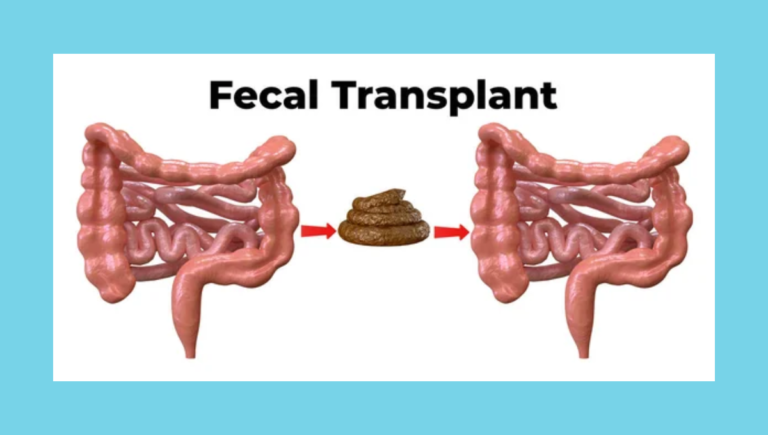Does the fecal microbiota transfer work to help with weight loss? The fecal microbiota transfer is a medical treatment that involves transferring stool samples from a healthy recipient to another patient who has a particular medical condition. FMT is effective for treating many conditions including recurrent C. Diff infections, ulcerative colitis and Crohn’s.
Over the past few years, FMT has gained increasing attention for its potential to treat obesity and help with weight loss. The gut microbiome is a community of bacteria living in the intestines that plays a key role in many metabolic processes including energy metabolism. Studies have shown the differences between the gut microbiomes in obese and lean individuals. This suggests that FMT can be used to alter the gut microbiome and promote weight loss in obese people.
Does fecal graft work to reduce weight?
Some evidence suggests that FMT could be beneficial for weight loss. In a meta-analysis conducted in 2019, five human studies showed that FMT is associated with a significant but small reduction in BMI. The authors of the study did note that the quality was poor and that further research is required.
The review found that FMT could be beneficial for some people to lose weight, but further research is required to confirm its safety and effectiveness. A 2022 review of the current evidence found that FMT could be helpful to people who are obese and also have other health conditions such as diabetes or cardiovascular disease. However, more research is needed to determine its overall safety and efficacy.
The Research on
In several animal studies, FMT has been shown to reduce weight in obese mice. Human studies have had mixed results. Some studies show that FMT can cause modest weight loss while other studies show no effect.
In a meta-analysis conducted in 2019, five human studies revealed that FMT is associated with a modest but significant decrease in Body Mass Index (BMI). The authors of the study did note that the quality was poor and that further research was needed.
What is the risk and benefit of FMT?
Potential risks of FMT weight loss include
- Infections from donor stools
- Transmission of antibiotic resistant bacteria
- Bloating, diarrhea, and gas
- Nausea and vomiting
Potential benefits of FMT include:
- Improved gut microbiome. FMT can improve the gut microbiome, which could promote weight loss.
- Reduced appetite – FMT can reduce your appetite and desire for unhealthy food.
- Improved insulin responsiveness: FMT can improve insulin responsiveness, which helps the body regulate blood glucose levels and promote weight reduction.
Before deciding to use FMT to lose weight, you should discuss the pros and cons with your doctor. Since FMT is relatively new, more research will be needed to establish its safety and effectiveness over time.
Additional things to consider about FMT weight loss:
- FMT does not work as a miracle for weight loss. To achieve and maintain weight-loss, it is important to combine the FMT with other lifestyle modifications, such as diet, exercise and a healthy diet.
- Most insurance policies do not cover FMT.
- Not all medical centers offer FMT.
Speak to your doctor if you want to learn more about FMT. Your doctor can help you determine if FMT will work for you, and refer you to specialists if needed.
ALSO READ DIY faecal transplants side effect is dangerous: Experts warn and give reasons
References
-
Aron-Wisnewsky, J., et al. (2019). Fecal microbiota and weight management: A systemic review and meta-analysis. Obesity Reviews 20(10): 1379-1393.
-
Baktash, M., et al. (2022). Review of current evidence on fecal microbiota for weight loss. Journal of Gastrointestinal and Liver Diseases 31(4): 544-552.
-
Gupta, S. K., et al. (2020). Fecal microbiota for non-infectious diseases: A review of the current evidence and future direction. Journal of Clinical Gastroenterology 54(7): e108-e116.






+ There are no comments
Add yours